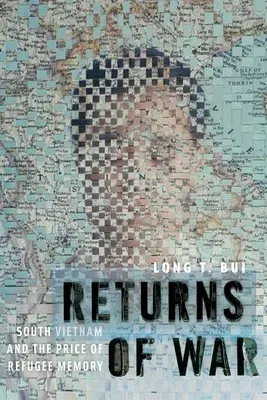The legacy and memory of wartime South Vietnam through the eyes of
Vietnamese refugees
In 1975, South Vietnam fell to communism, marking a stunning conclusion
to the Vietnam War. Although this former ally of the United States has
vanished from the world map, Long T. Bui maintains that its memory
endures for refugees with a strong attachment to this ghost country.
Blending ethnography with oral history, archival research, and cultural
analysis, Returns of War considers
stateless exiles.
Returns of War argues that Vietnamization--as Richard Nixon termed it in
1969--and the end of South Vietnam signals more than an example of
flawed American military strategy, but a larger allegory of power,
providing cover for U.S. imperial losses while denoting the inability of
the (South) Vietnamese and other colonized nations to become
independent, modern liberal subjects. Bui argues that the collapse of
South Vietnam under Vietnamization complicates the already difficult
memory of the Vietnam War, pushing for a critical understanding of South
Vietnamese agency beyond their status as the war's ultimate "losers."
Examining the lasting impact of Cold War military policy and culture
upon the "Vietnamized" afterlife of war, this book weaves questions of
national identity, sovereignty, and self-determination to consider the
generative possibilities of theorizing South Vietnam as an incomplete,
ongoing search for political and personal freedom.

